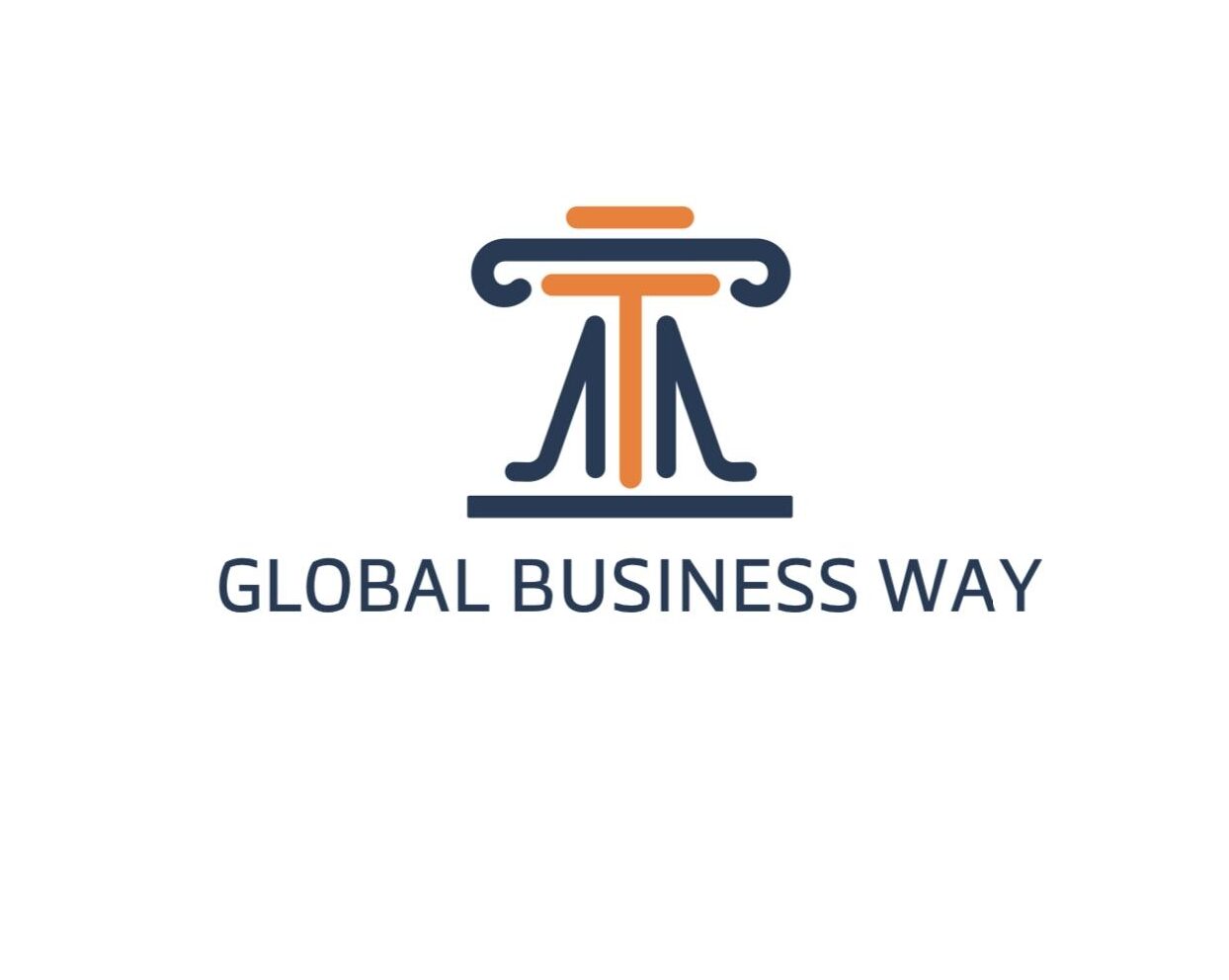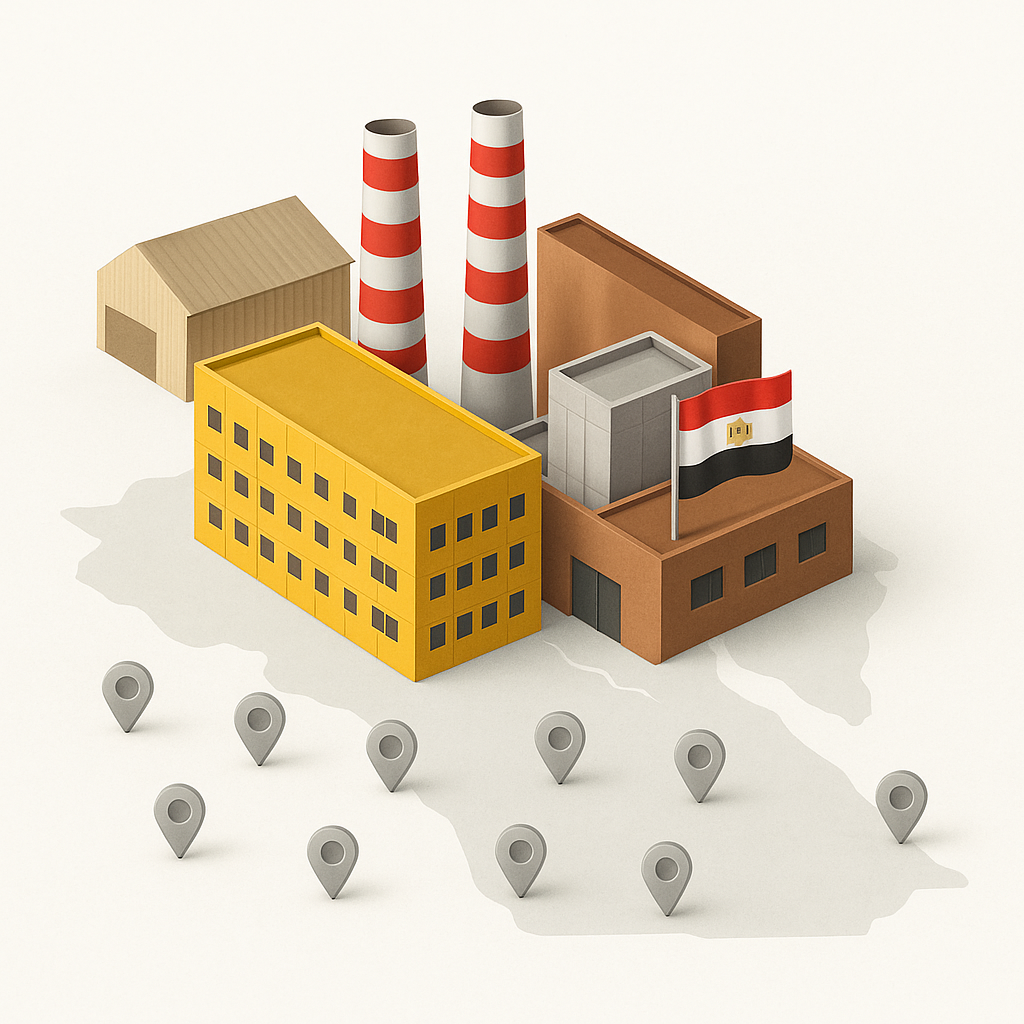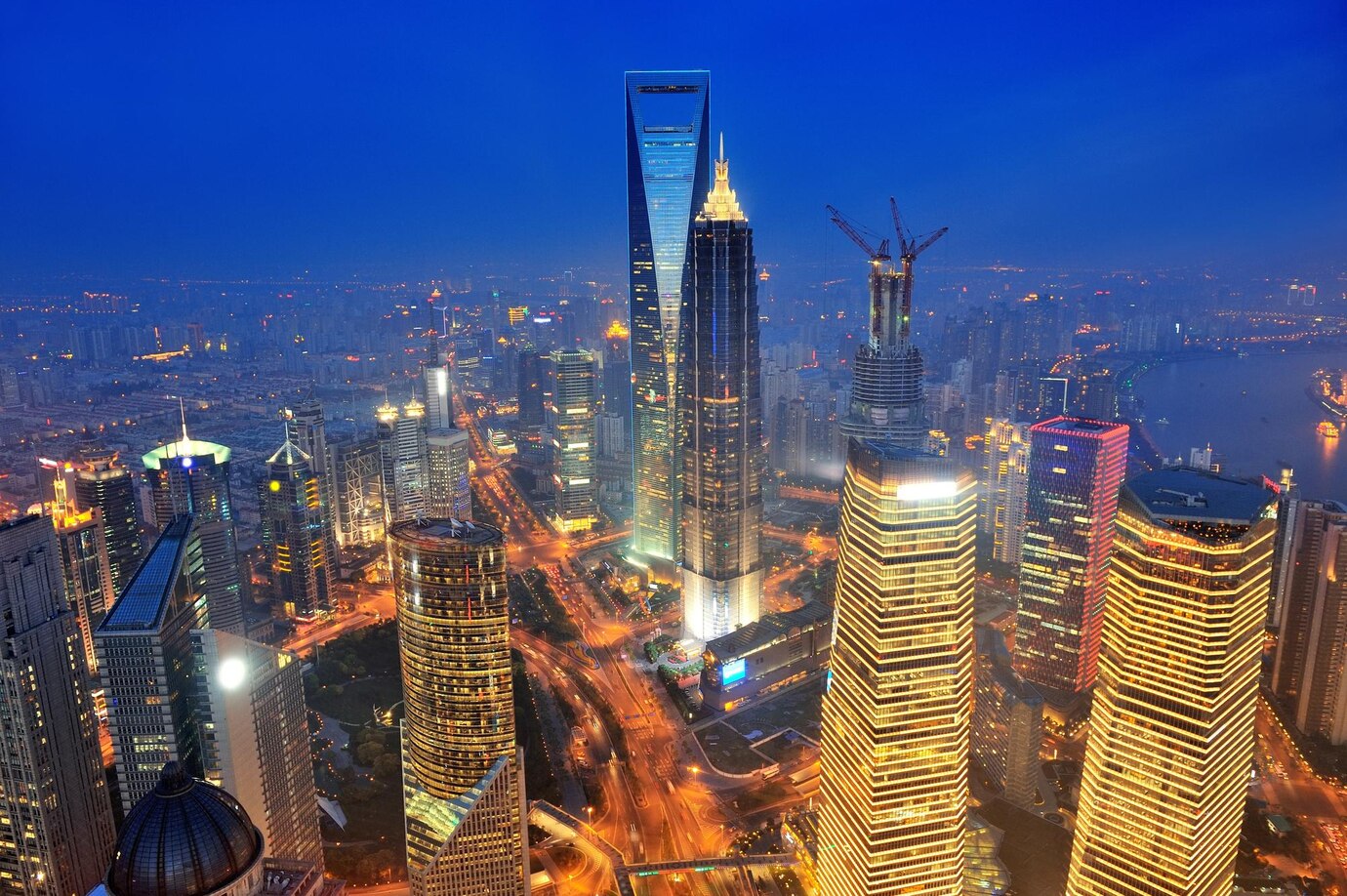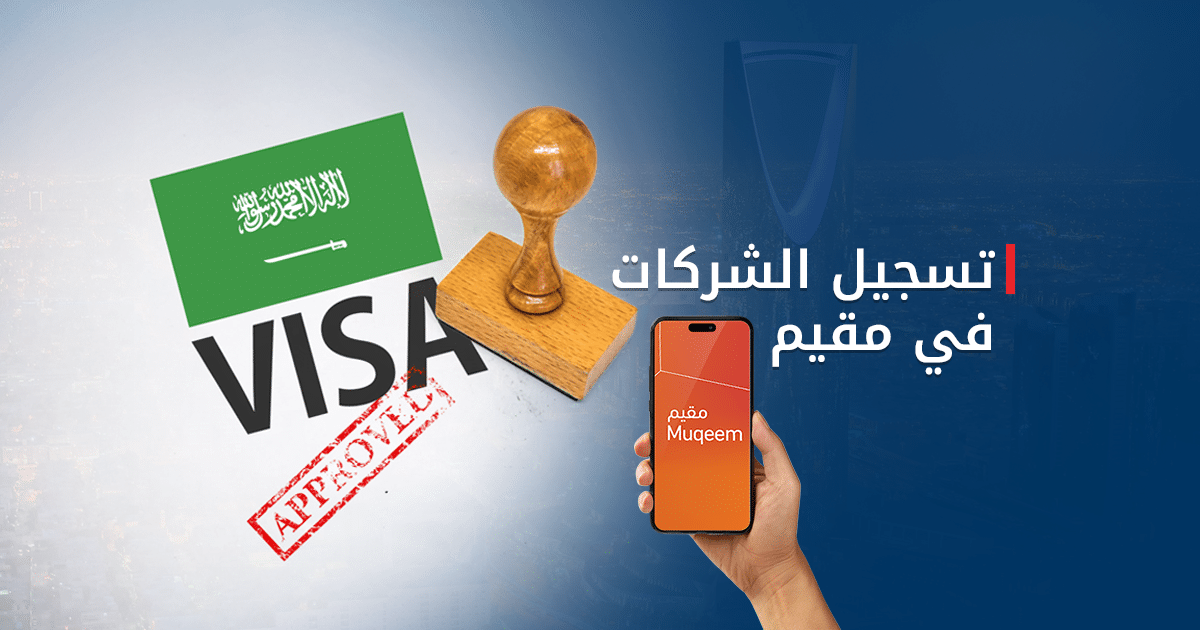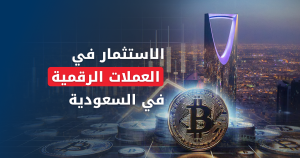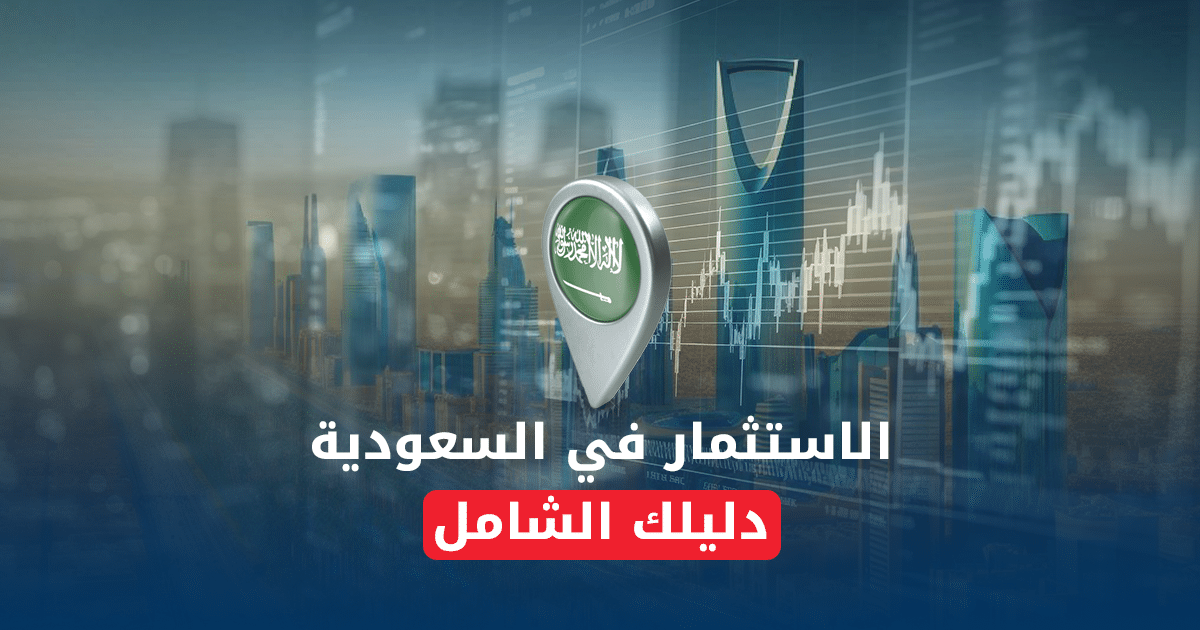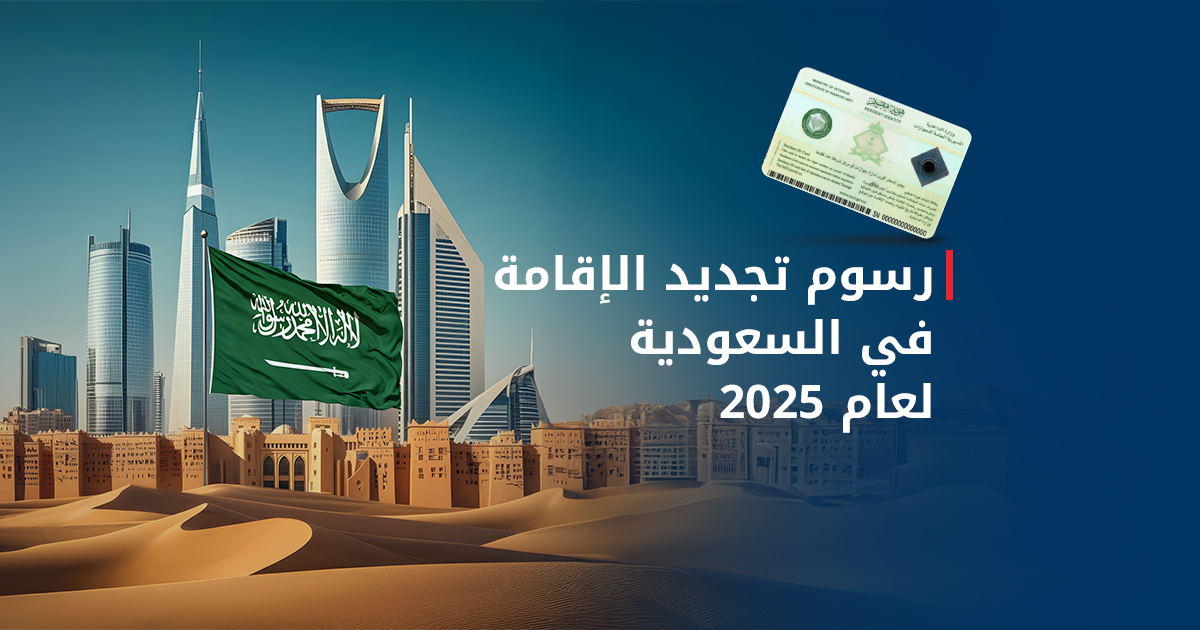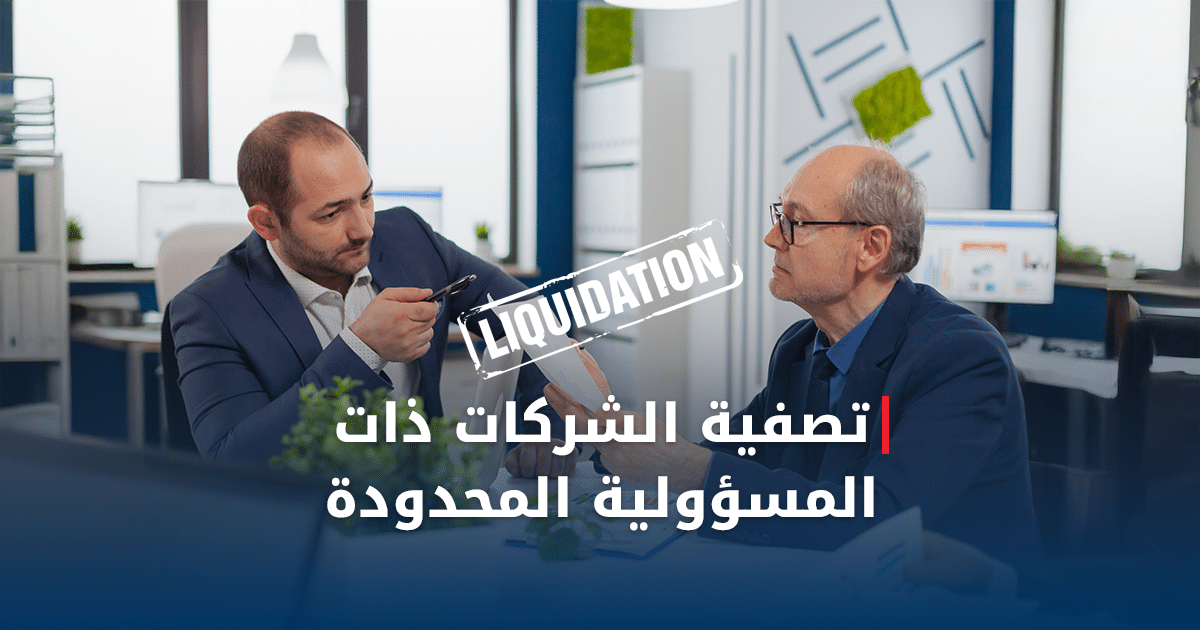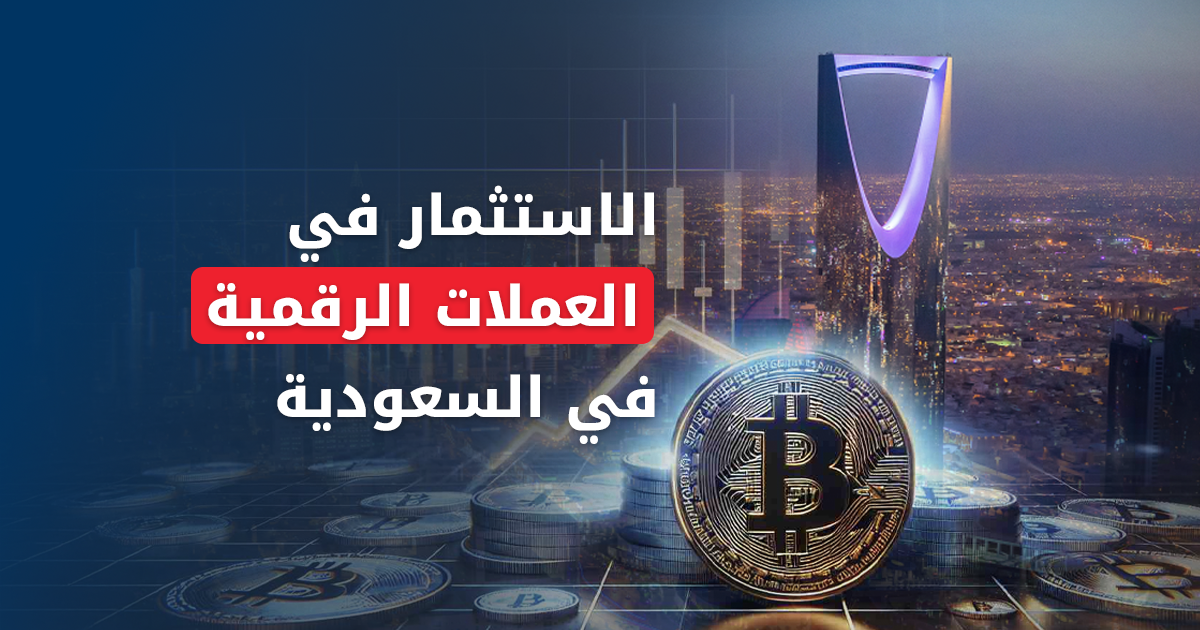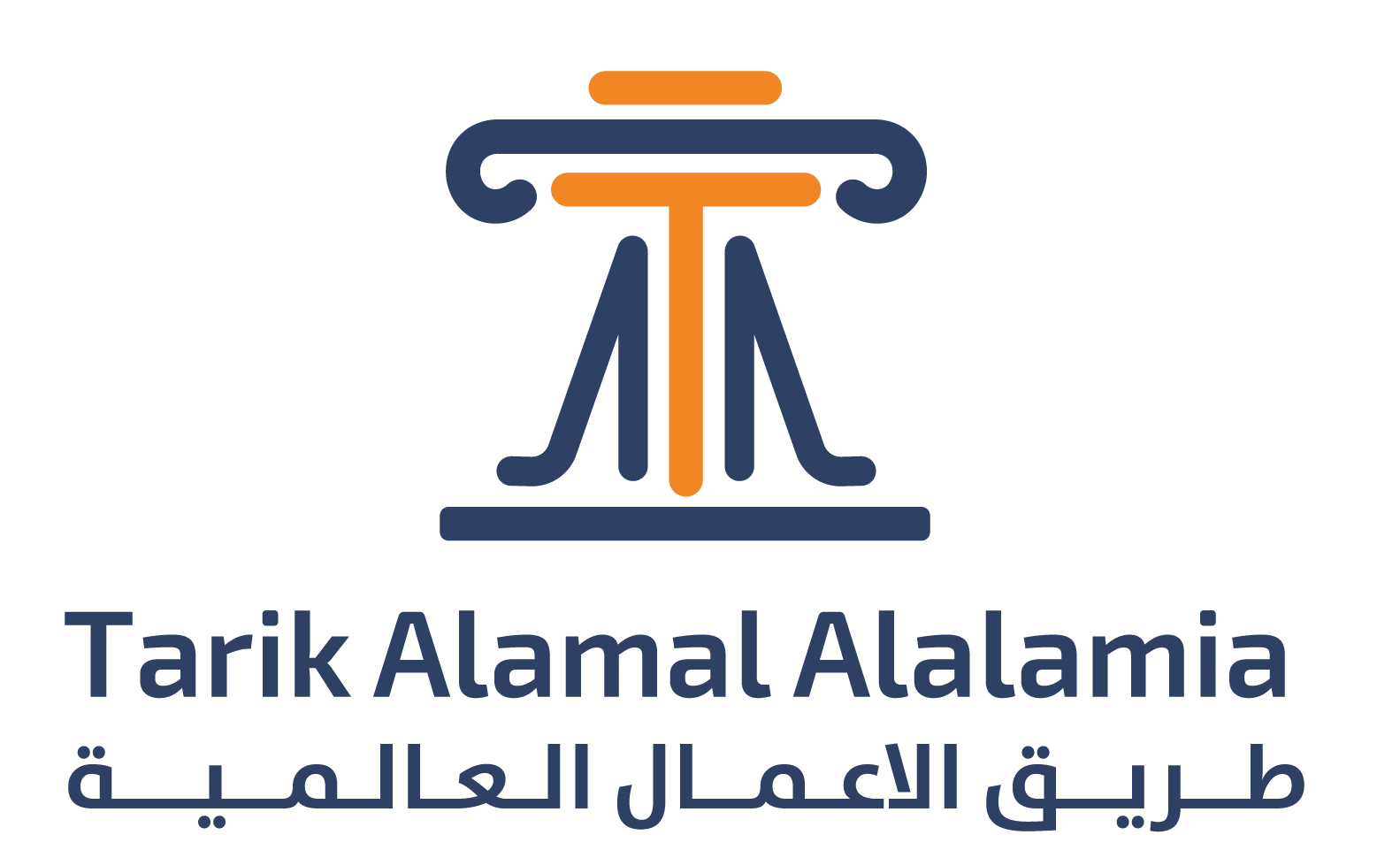Establishing Companies in Free Zones in Egypt
Free zones in Egypt represent a unique investment model, as they are one of the investment systems governed by the provisions of Investment Law No. 72 of 2017 and its executive regulations, which are supervised by the General Authority for Investment and Free Zones (GAFI).
What Are Free Zones?
They are parts of the state’s territory that fall within its borders and are subject to its administrative authority, but transactions within them follow special customs, tax, and monetary regulations.
Currently, there are 9 public free zones distributed across the country:
Damietta – Port Said – Ismailia – Suez – Nasr City – Shebin El-Kom – Media Production City in Cairo – Alexandria – Qeft
All zones are fully equipped with infrastructure and utilities necessary for operations and project accommodation such as:
roads – electricity – sewage plants – water networks – telephone lines
In addition, each zone contains a fully integrated customs unit, a port security police unit, and a 24-hour security unit.
The locations were strategically selected in major cities known for their geographic advantages, availability of labor, supportive capabilities, and proximity to seaports and airports.
Investment spaces are allocated under an annual rental system per square meter, depending on the project’s activity:
-
$5 for industrial activities
-
$10 for service activities
Permitted Activities in Free Zones
Establishing companies in Egypt’s free zones is allowed for all investment activities permitted by GAFI’s policies, particularly export-oriented industries, except for the following:
-
Weapons, ammunition, explosives, and anything related to national security
-
Alcoholic beverages and spirits
-
Fertilizer manufacturing
-
Iron and steel manufacturing
-
Petroleum refining
-
Liquefaction, processing, and transport of natural gas
-
Energy-intensive industries
Advantages Granted to Projects
-
Full freedom to transfer invested capital and project profits abroad
-
Freedom to choose investment fields and the legal form of the project
-
Freedom to determine product prices and profit margins
-
No minimum or maximum limits on capital for projects in public free zones
-
No restrictions on the nationality of the capital
-
Foreign investors are granted residence facilitation
-
Foreign workers are granted residence permits upon project request
Guarantees Granted to Projects
-
Legal action cannot be taken against free zone projects without first referring to the authority
-
Projects and establishments cannot be nationalized or confiscated
-
It is not permissible through administrative means to impose guardianship, seize assets, or freeze/confiscate them without a judicial ruling
Exemptions Granted to Projects
-
Exemption of all capital assets and production inputs necessary for the project’s activity (excluding passenger cars) from any customs duties, sales taxes, or other taxes throughout the activity period—even if they are temporarily located outside the free zone
-
Exemption of project imports and exports to and from outside the country from all customs duties or taxes, including sales tax and other applicable taxes or duties within Egypt
-
The project and its profits are not subject to any domestic tax or customs legislation during its operation period
-
Project imports and exports to/from outside Egypt are not subject to any regular customs procedures or import rules applicable within the country
-
Exemption of project imports from the local market from value-added tax (VAT)
-
Exemption of transit goods (with a specified final destination) from any applicable duties on inbound and outbound goods, under the following conditions:
-
The project is located within the customs zone
-
The goods’ final destination is specified in the bill of lading and invoice
-
-
Full exemption for local components in goods produced by free zone projects when sold to the local market (inside the country) from customs duties on those components
